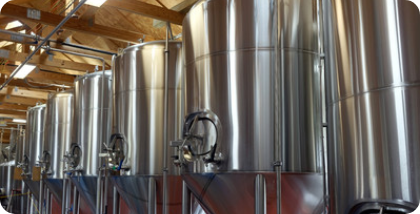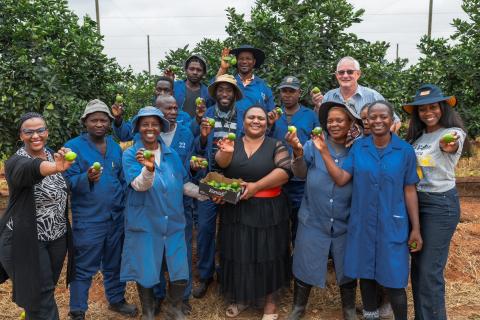
In line with a number of benefits, some of which are environmental, SAB has decided to convert the use of steel cans to that of aluminium cans for beers and beverages. The benefits of going with aluminium are boundless and amount to positive environmental change, enhanced taste and customer benefit, higher residual value overall and a number of additional benefits associated with the light weight of the product. The conversion project kicked off in May 2013 at the Chamdor Brewery in Gauteng and is set to be complete within the space of 1 year.
Benefits of Aluminium Cans
With the list of benefits associated with converting the use of steel cans to aluminium, there appears to be little reason not to do it.
- There’s no need for a base coat to be applied to aluminium cans
- The above means that the manufacturing process is reduced
- Aluminium cans are less prone to metal pick-up, which means the flavour of the beverages will be untainted
- Aluminium is lighter, which results in easier transportation and a lesser environmental impact
- From an environmental awareness point of view additional benefits come through aluminium recycling being easier to manage, thus effecting a smaller carbon footprint
- The scrap value of aluminium is more, giving it greater worth in the recycling value chain and offering a social benefit for those involved in the process
- Aside from everything else, aluminium is simply shinier and more attractive
Did you know… that aluminium cans are 2.5 times lighter than steel cans? And that aluminium cans are the most recycled product in the world? They are 100% recyclable and can be recycled infinite amounts.
The Life Cycle Of An SAB Beer Can
Any can is only used once before it’s recycled for further use, making its life cycle quite simple and straightforward.
- The can is created in two parts – the body and the end – by Nampak Bevcan
- These two parts are transported to SAB
- They are filled with delicious beer at the breweries
- The goodness is sealed in by applying the end of the can to the filled body part
- The beer cans, filled with beer, are transported to bottle stores and suppliers
- They’re sold to consumers, who enjoy the crisp, cool freshness in each sip
- The empty cans are recycled and thrown away – hopefully the former
- The cans will be rolled at a rolling mill, such as Hulamin, and recycled back into cans or other aluminium products
Making the Transition
Although one might think that this transition is simple - just stop using steel cans and start using aluminium - there is only one supplier in South Africa who can manage the supply: Nampak Bevcan. SAB will be working closely with Nampak Bevcan to ensure that the transition is as smooth as possible. They’ve already rolled out with the first 330ml aluminium can that was introduced in Gauteng in June 2013. Recycling companies are also preparing for the transition. Hulamin, an aluminium recycling rolling mill, is already making adjustments in order to be able to cope with the increase in recycling needs.



